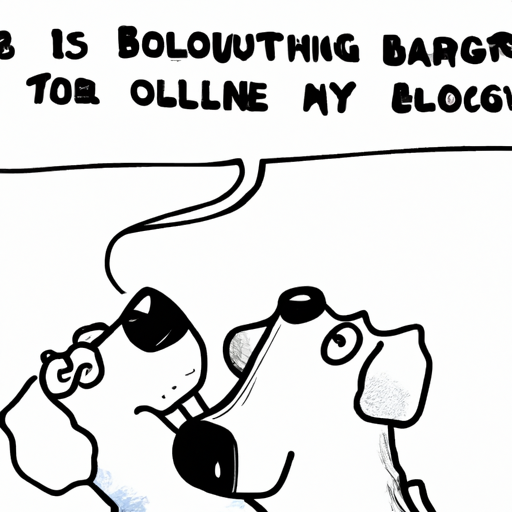Dog behavior can be puzzling and concerning, especially when it involves aggression like biting. In this piece, we will delve into the reasons behind why a dog might bite another dog’s neck, and what you, as a caregiver, can do about it.
Understanding Dog Behavior
Dog behavior is complex and influenced by various factors – breed, upbringing, environment, and individual personality. Biting, especially on another dog’s neck, could signify many things:
- Play: Dogs often engage in mock fights as a form of play, where they bite each other’s neck. This is usually harmless and accompanied by other playful behaviors like a wagging tail, relaxed body, and playful barking.
- Dominance: Some dogs bite to establish dominance. This is more common in male dogs and can be serious if it escalates into a fight.
- Fear or Anxiety: Biting could also be a response to fear or anxiety. If a dog feels threatened, it might resort to biting to protect itself.
You need to observe the context and other signals to understand what your dog is trying to communicate.
What to Do When Your Dog Bites Another Dog’s Neck
If your dog is frequently biting other dogs, it’s important to address the behavior and ensure it doesn’t escalate. Here are some steps you can take:
- Monitor the Behavior: Is the biting playful or aggressive? Understanding the root cause is crucial for addressing the issue.
- Train Your Dog: Training can correct unwanted behaviors. You might consider hiring a professional dog trainer for this.
- Consult a Vet: Your dog’s biting could be due to medical issues. Always consult a vet if you notice any sudden changes in behavior.
How to Prevent Dog Bites
Prevention is always better than cure. Here are some tips to prevent your dog from biting:
- Socialize your dog early and often
- Teach bite inhibition
- Avoid situations that might trigger aggressive behavior
| Tips for Prevention | Description |
|---|---|
| Socialization | Expose your dog to different environments, people, and animals. |
| Bite Inhibition | Teach your dog to control the force of its bite. |
| Avoid Triggers | If certain situations trigger your dog, avoid them if possible. |
Understanding the Consequences
If your dog bites another dog, there could be serious consequences. You might be held legally responsible, and it could lead to your dog being labeled as ‘dangerous’. It’s crucial to address biting behavior promptly to prevent any unfortunate incidents.
Seeking Professional Help
If your dog’s biting is severe or frequent, it’s advisable to seek professional help. A professional dog trainer or behaviorist can provide the right guidance and training to correct the behavior.
Frequently Asked Questions
Q: Is neck biting always a sign of aggression?
No, dogs often bite each other’s necks during play. However, if it becomes frequent or aggressive, it’s cause for concern.
Q: What should I do if my dog bites another dog?
Always apologize and offer to cover any vet costs. Then, take steps to address the behavior, such as training or consulting a vet.
Q: How can I prevent my dog from biting?
Early socialization, bite inhibition training, and avoiding triggering situations can help prevent biting.
Q: When should I seek professional help?
If your dog’s biting is frequent, severe, or causing harm to other dogs, you should seek professional help.



